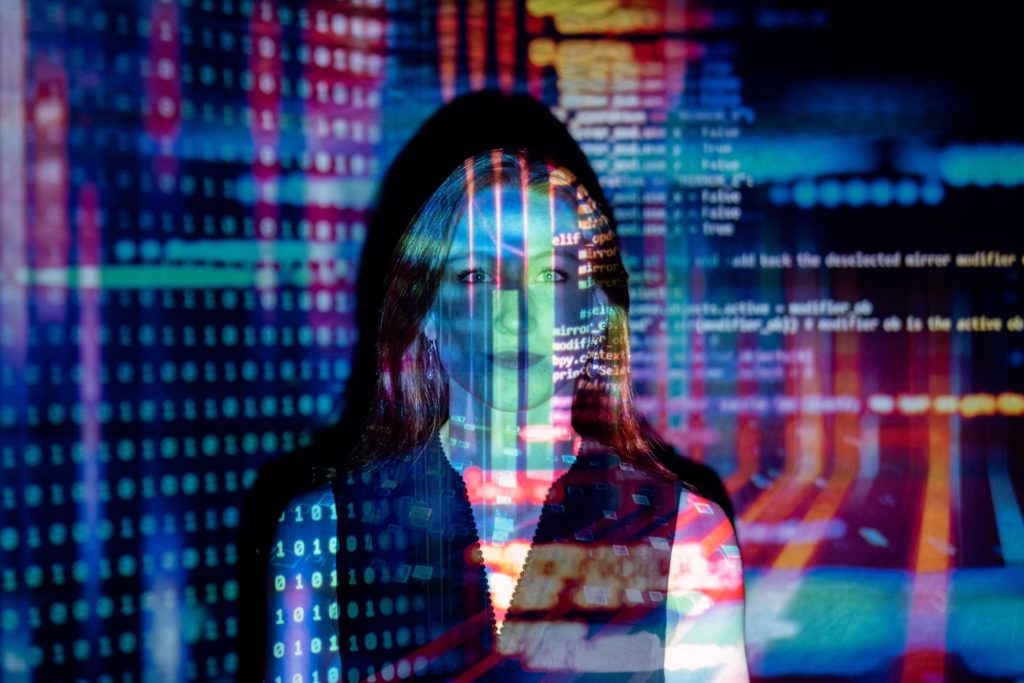The quantum world may be detached from our everyday view of a solid universe, but there is overwhelming evidence for a quantum reality. This evidence is the result of painstaking research into the quantum phenomena – what prompted Richard Feynman to famously state, “nobody understands quantum mechanics”! These key phenomena have helped set the stage for advancements in quantum computing.
Quantum versus Classical
Quantum mechanics is that branch of physics relating to the very small. Unlike classical mechanics, quantum mechanics describes objects existing in probabilistic rather than deterministic states. Two key quantum phenomena are central to quantum computing: superposition and entanglement.
What is superposition?
Unlike the bits in classical binary computing which can be either 1 or 0, superposition in quantum computing allows qubits to be in numerous possible combinations of 1 and 0 at the same time. This ability to simultaneously be in multiple states is called “superposition”. To put qubits into superposition, researchers and scientists manipulate them using microwave beams or lasers.
A quantum computer with qubits in superposition can crunch through a vast number of outcomes simultaneously – referred to as the counterintuitive phenomenon. The final result of a calculation emerges once the qubits are measured, which causes their quantum state to collapse to either a 1 or 0.
In late 2019, scientists brought nearly two thousand atoms into quantum superposition to confirm this phenomenon on a new mass scale, and prove that Richard Feynman rightly stated that superposition is at “the heart of quantum mechanics”.
What is entanglement?
Qubits are “entangled” when the two members of a pair exist in a single quantum state. Changing the state of one qubit will automatically and predictably change the state of the other, even if they happen to be separated by very long distances. Entanglement is the key to a quantum computer’s power. Quantum computers harness entangled qubits to work their magic. The machines’ ability to speed up calculations using specially designed quantum algorithms is why there’s so much buzz about their potential.
The Risk to Data Security is Real
Quantum phenomena have always been here, not dissimilar to how the sun existed before nuclear fusion was discovered. Quantum phenomena have always been part of the natural world and universe. It is now being harnessed to develop new technologies like quantum computers to process an extremely large number of calculations at exponentially faster speeds than classical computers. These abilities will enable quantum computers to outperform conventional computers and break existing encryption algorithms which rely on mathematical puzzles. This has dire implications. If crypto is broken then that exposes all of the assets they currently protect – internet privacy and our private/secret information is at risk.
Quantropi’s QEEP™ Achieves Perfect Secrecy
Here’s the good news. Quantropi’s QEEP™ technology (Quantum Entropy Expansion and Propagation) provides guaranteed unbreakable security and perfect secrecy in key distribution over the Internet. QEEP™ is a quantum gate technology that derives its security from the uncertainty principle, not from mathematical puzzles. And it can work on today’s Internet infrastructure which provides a cost-effective and straightforward upgrade path to true quantum security.
While the debate continues around existing quantum security technologies, QEEP™ already provides a high-entropy, high-speed, and affordable solution against tomorrow’s quantum threats today.
Read more about QEEP™ from a security and performance perspective here.


